Jordanian efforts to extinguish fires in Syria: A humanitarian message and a nation's reputation - By Hasan Dajah, The Jordan Times
In a humanitarian scene that reflects the highest values of Arab solidarity and national duty, Jordanian efforts continue to provide support to sisterly Syria to combat the wave of fires that have swept across large areas of the Syrian coast, particularly Latakia Governorate.
These efforts, led by Jordanian Civil Defense personnel, are not merely a humanitarian duty; they embody the spirit of brotherhood and friendship between the two peoples and a practical translation of the Jordanian state's firm position in supporting regional stability and alleviating the suffering of those affected, wherever they may be.
Among this constellation of heroes, the name of Brigadier General Munther Al-Ajarmah, commander of the Jordanian Civil Defense Force team in Syria, stands out. He is present on the ground leading rescue teams in Latakia Governorate, specifically through the "Ain Radio" station. He leads his teams in difficult and complex circumstances on the ground, amid rugged terrain, harsh weather conditions, and real dangers that threaten lives at every moment.
In a radio interview, Al-Ajarmah emphasized that "the work here is not just a passing field mission, but rather a national duty, and we do not accept that the reputation of our country be tarnished."
The Jordanian Civil Defense's participation in firefighting operations inside Syrian territory is not the first of its kind, but it takes on added importance today in light of the increasing scale of the fires that have devoured thousands of dunams of forests and orchards, displacing dozens of families and causing significant environmental and economic losses.
The Jordanian government, under royal directives and through the Public Security Directorate and the Ministry of Interior, made the bold decision to send trained rescue teams equipped with the latest equipment and machinery, in full coordination with the Syrian government.
This gesture carries multiple messages: political, humanitarian, and moral. Despite the internal challenges and economic pressures, it is facing, Jordan has not abandoned its leading role in providing aid in times of hardship. This steadfast stance reflects the Hashemite approach to supporting Arab causes and afflicted communities. Jordanian efforts were not limited to the operational aspect of fighting the fires; they also carried an important diplomatic dimension, demonstrating official Jordanian openness to coordination with Syrian state institutions, enhancing trust and reopening channels of field dialogue between the two parties.
This move is part of a broader Jordanian strategy aimed at supporting Syria's stability and territorial integrity, a point His Majesty King Abdullah has emphasised on multiple occasions. What is happening in Latakia today confirms that natural crises can serve as a platform for political and security cooperation, regardless of narrow calculations. It also confirms that humanitarian action can break the deadlock and rebuilding bridges between countries divided by political disputes or regional circumstances.
Amidst the massive fires raging across multiple regions, Jordanian Civil Defense teams have made a striking appearance, advancing amidst the smoke and flames, evacuating residents, rescuing those trapped, and controlling the blazes spreading high into the mountains. In this context, the commander of the Jordanian Civil Defense Force emphasizes in interviews with local and international media that "the morale of the Jordanian teams is high despite the difficulty of the task," explaining that "Jordan's reputation in international forums is not built solely at conferences, but is forged on the ground and earned through sweat and sacrifice."
This statement, which has become an implicit slogan for the Jordanian campaign in Syria, deeply reflects the philosophy of public action in Jordan, which places humanitarian and national values above material or political considerations. It also embodies the culture of venerable Jordanian institutions, trained to operate under the harshest conditions, both at home and abroad.
Jordan's participation in extinguishing the fires in Syria cannot be viewed in isolation from the broader regional context. It reflects a Jordanian desire to strengthen Arab solidarity, renew trust between neighboring countries, and present a bright image of Jordanian-Syrian relations, far removed from the turmoil of politics and tensions. It also reminds everyone that natural disasters know no borders, and that the response to them must be collective and humanitarian first and foremost.
This Jordanian humanitarian role in Syria is an extension of a well-established approach embodied by the Kingdom in various crisis arenas, as is the case in its ongoing support for the people of the Gaza Strip. The Jordanian Armed Forces, through the Hashemite Charity Organization, regularly dispatch air and land relief convoys loaded with medical and food aid, despite the stifling blockade and deteriorating security conditions.
Jordanian field hospitals in Gaza have also been operating without interruption, providing services to the wounded and injured for years, even in the most difficult circumstances. Jordan's actions in Latakia and Gaza reflect a unified vision stemming from a moral and humanitarian commitment to supporting Arabs in the face of disasters and occupation. They embody Jordanian policy based on national principles and the "reputation of the homeland," which its people preserve through sacrifice and field work.
The role played by the Hashemite Kingdom of Jordan in supporting our Syrian brothers in combating the fires, under the leadership of the heroic civil defense personnel, headed by Brigadier General Munther Al-Ajarmeh, confirms that Jordan has never deviated from its natural position as a supportive, neutral, and responsible country in the region. The message that Jordanians are carrying to Latakia today is not just water hoses and firefighting equipment, but rather a message of solidarity, a moral stance, and a nation's reputation that its sons are keen to uphold wherever they go. With this stance, Jordan proves once again that its strength lies not only in its resources, but in its humanity and its men who believe that serving humanity everywhere is the highest form of honor.
Hasan Dajah is professor of Strategic Studies at Al-Hussein Bin Talal University
Latest News
-
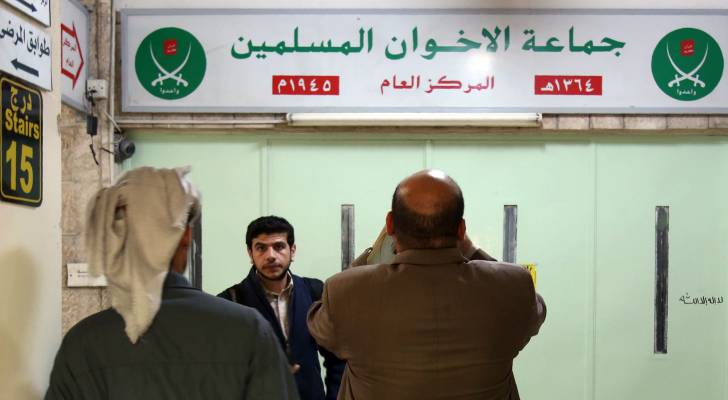 Legal expert outlines repercussions for Muslim Brotherhood financial scheme in Jordan
Legal expert outlines repercussions for Muslim Brotherhood financial scheme in Jordan
-
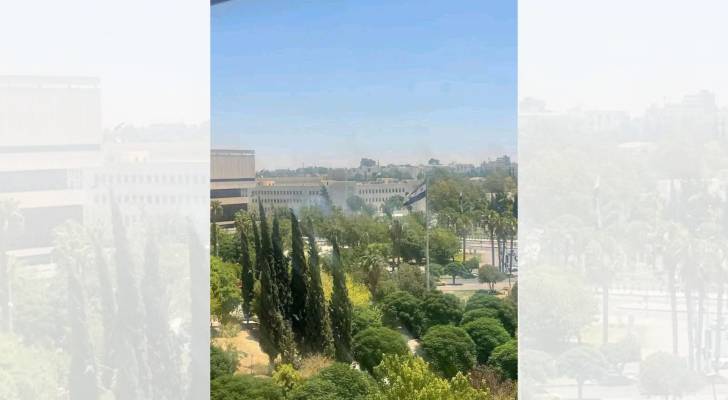 “Israeli” military attacks Syrian army headquarters
“Israeli” military attacks Syrian army headquarters
-
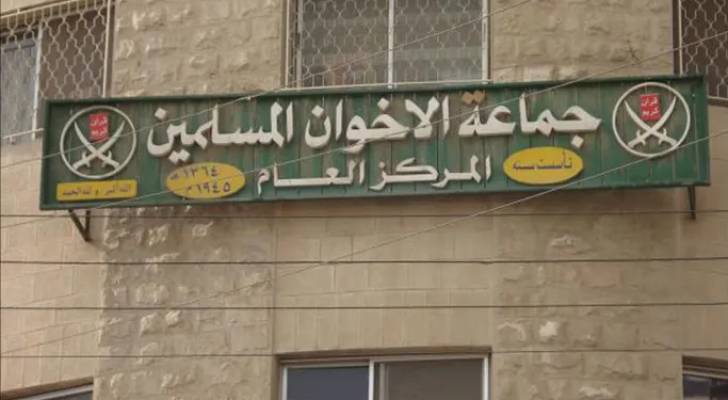 Over 30 million JD: Jordan authorities uncover massive Muslim Brotherhood covert funding scheme
Over 30 million JD: Jordan authorities uncover massive Muslim Brotherhood covert funding scheme
-
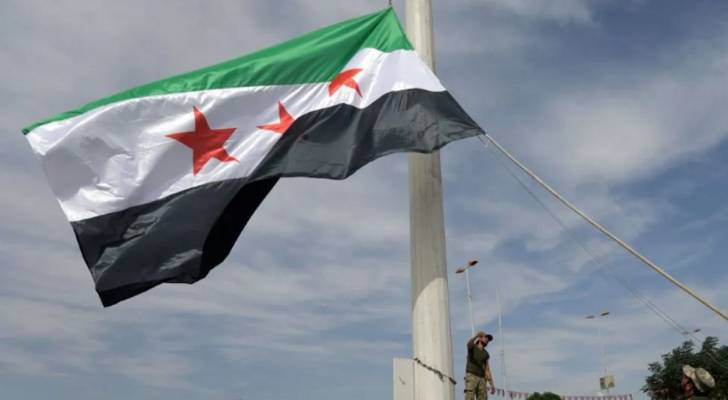 Syria announces ceasefire in Druze-majority Suwayda after deadly clashes
Syria announces ceasefire in Druze-majority Suwayda after deadly clashes
-
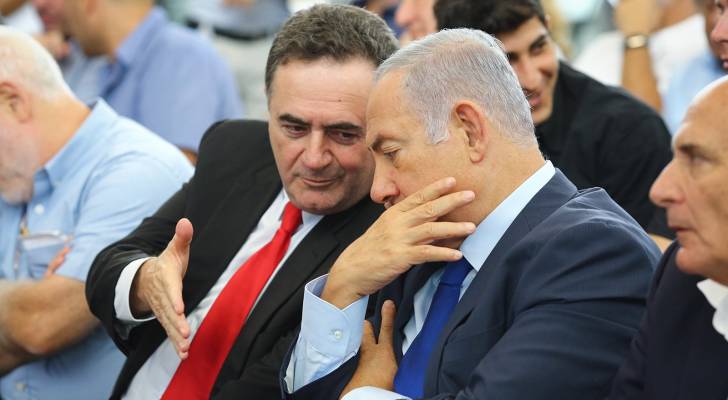 “Israel” says striking Syrian govt forces in Suwayda
“Israel” says striking Syrian govt forces in Suwayda